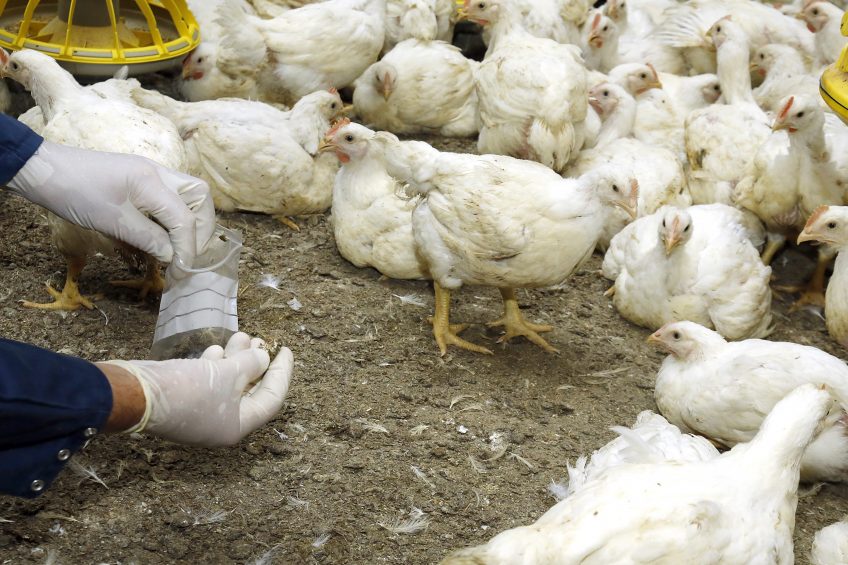Funding for Marek’s disease vaccine research

Two leading UK research establishments have been awarded joint funding to research how the deadly Marek’s disease virus (MDV) causes tumours in poultry and how to create a more effective funding.
The undisclosed funding from the Biotechnology and Biological Sciences Research Council will allow researchers at the Pirbright and Roslin Institutes to understand the pathways involved in tumour creation during MDV infection.
MDV is highly contagious and is a major threat to the poultry industry, with losses estimated to be up to $2bn worldwide. Nearly 22 billion vaccine doses a year are used in an attempt to control the disease, but the virus continues to evolve and form increasingly virulent strains.
Dr Yongxiu Yao, research leader, said: “By using the CRISPR/Cas9 gene editing system we intend to disrupt the gene for a virus protein called Meq, which previous data has suggested is a tumour inducting factor.
“By editing the Meq gene and disrupting its binding with other proteins, we will be able to have a clearer understanding of the pathways involved in tumour formation, which will help us to create better vaccines.”
The virus modifications made by the Pirbright team will be analysed by Roslin researchers to identify the major pathways that are most essential for tumour production and indicate the best targets for future vaccines.
Professor Mick Watson, chair in Bioinformatics and Computational Biology at Edinburgh University, said: “This project cements a 10 year collaborative partnership … at the Pirbright Institute. We will continue to learn more about this fascinating virus and gain a greater understanding of how certain viruses can trigger cancer in birds and mammals.”
The evolution of highly virulent MDV strains has proved particularly problematic for the poultry industry, as many of the vaccines currently used do not induce sufficient protection against infection.
The scientists will therefore investigate Meq’s role in a highly virulent strain and will attempt to reduce its virulence by deleting and swapping the Meq gene.
If the alteration of the Meq gene in these strains is successful, it could pave the way for a new vaccine that is able to protect against the most destructive strains of MDV, helping improve poultry welfare and cut losses to the poultry industry.












